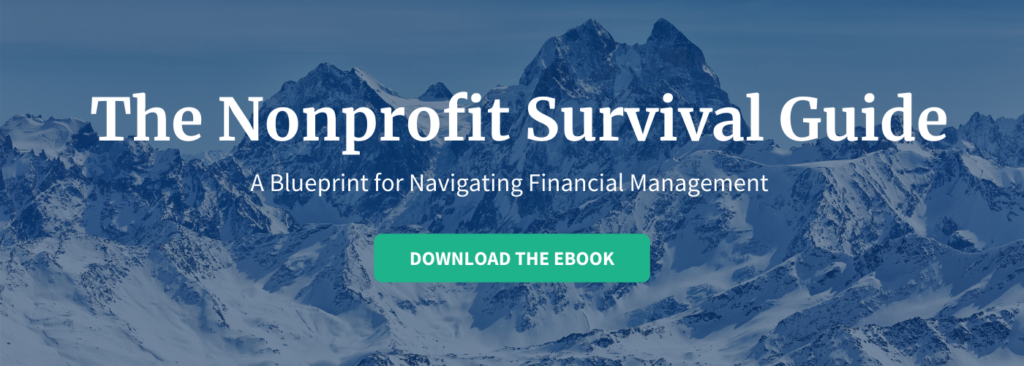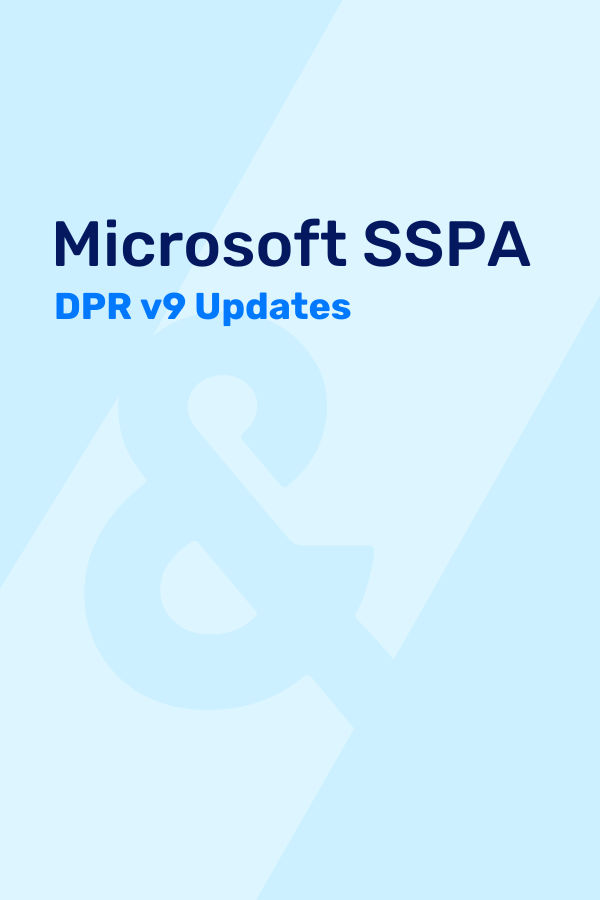Nonprofits face a glaring void when it comes to executing efficient finance practices. Turnover in the accounting department forces executive directors to take on more responsibilities. This often includes finding or training new hires, which results in a constant, time-consuming, costly cycle of interviewing and onboarding. Adding fuel to the fire, many organizations also find themselves operating with ad hoc reporting practices and overly manual, risk-prone processes due to outdated technologies.
These inefficient practices consume valuable time and limited resources, significantly impacting the bottom line. With high competition for donor dollars and leadership teams being pulled away from mission-driven activities, what options do nonprofits have to:
- Build a reliable, experienced accounting team?
- Keep up with detailed accounting processes that inform decisions and progress?
- Spearhead mission-critical endeavors without sacrificing quality?
Resources and strategic technologies are more accessible than you think, and they create opportunities for nonprofits to build a more effective accounting and finance department.
Here’s how.
Leverage Modern Cloud Accounting Solutions
As cloud-based technologies mature, an ecosystem of cost-effective, accessible environments and infrastructures emerges, even for small nonprofits. No longer are astronomical prices the reason for implementation delays. The latest software, like Sage Intacct and its many benefits, can streamline and integrate processes for effective financial maintenance. This replacement boasts a comparable price point to outdated systems, like QuickBooks, and offers greater efficiency.
So, why the cloud?
- Integrated systems: These are a crucial function of cloud technologies. Integrated capabilities increase visibility into key organizational metrics and dashboard reporting with which archaic systems can’t compete. Clear and concise data expedites the decision-making process and helps execute the strategic mission.
- Automation: Automating processes alleviates rushed, crunch-time practices. Manual reporting and accounting processes are known to be unreliable and tedious, wasting precious time and resources. By streamlining these financial processes and automating financial functions, organizations can mitigate the risks associated with manual practices. Now, there is increased confidence in the reporting outcomes and in producing accessible, audit-ready financials.
- Multi-dimensional reporting: New technologies encompass multi-dimensional reporting capabilities at the push of a button. These functions improve grant tracking and increase visibility into cash, expenses, and budgets. Updated systems are also supported by app-based components. The ability to produce comprehensive reports quickly, and the flexibility to show donors, board members, and the leadership team financial insights, is right at your fingertips.
Other considerations for updating antiquated software?
Archaic technologies pose a serious threat to nonprofit data. Widely publicized issues, like the Blackbaud hack, have drawn attention to nonprofits for the wrong reasons. These situations highlight the greatest risk of continuing to use outdated financial systems: data breaches. Not only do they put sensitive donor information in danger, but they can also take weeks—even months—to gain a complete understanding of the intricacies of the breach. This leaves donors, and the organization, vulnerable.
Outsource All or Part of the Finance Role to Experienced CPAs
Accounting processes frequently fall on the executive director, or even other staff members, who typically are not well-versed in accounting best practices and whose time is better spent elsewhere. When financial details are overlooked or misinterpreted, they can be costly and cumbersome to rectify. Outsourcing brings top-notch CPAs with industry-specific experience to your organization at a fraction of the cost. There is an affordable opportunity to utilize high–caliber professionals that not only complement your team, but who also know how to support your nonprofit’s financial needs.
- Effective Internal Control: In an effort to conserve resources, policies and procedures are often poorly regulated or documented, if at all. When partnered with lean staffing issues, this creates risk. Whether it’s inaccurate data, incomplete reports, or missed deadlines, nonprofits cannot afford to lose energy and finances on mediocre policies and protocols. Outsourcing adds an additional layer of internal control. Having third-party support can create a well-rounded financial checks and balances partnership, ensuring financial timelines and efficient reports are accurately maintained and improving the chance of a clean audit report.
- Fast and Efficient Task Execution: When nonprofit leaders are heavily involved in completing time-intensive projects, like grant applications, board reporting, or annual audits, their limited time is distracted from essential, high–value activities. Outsourcing alleviates the burden of necessary yet consuming financial tasks. These services are scalable to meet organizational needs and budget constraints.
- Additional Experienced Support: Outsourcing provides a built-in, customized layer of flexibility to offer an extra set of hands to unanticipated projects when needed. Ultimately, outsourcing keeps executive directors where they need to be—steadfastly involved in driving the mission.
SC&H Accounting Solutions professionals can help nonprofits turn these issues into an advantage and achieve positive outcomes through the implementation of better practices. By integrating cloud-based technologies and outsourcing accounting functions, you can operate effective and efficient practices that give focus back to your mission and minimize risk to sensitive data. By utilizing multi-dimensional and accurate reporting functions, you have confidence when communicating with donors and board members. Now, you can better lead your team to create an even greater impact.
Learn How to Operate a Lean Finance Team
Good financial management plays a critical role in maintaining funding relationships and attracting new donors. From extracting every ounce of value out of limited resources to managing accounts, reporting, and analytics—the end goal should always come back to your mission. Learn how to thrive in the nonprofit space with accounting solutions that elevate your impact in our Nonprofit Finance Team Survival Guide.






